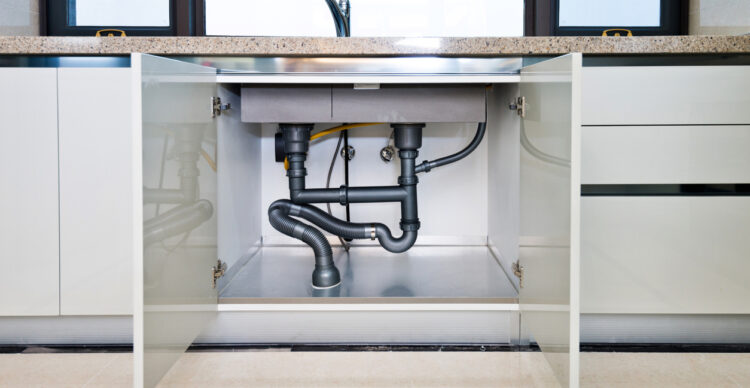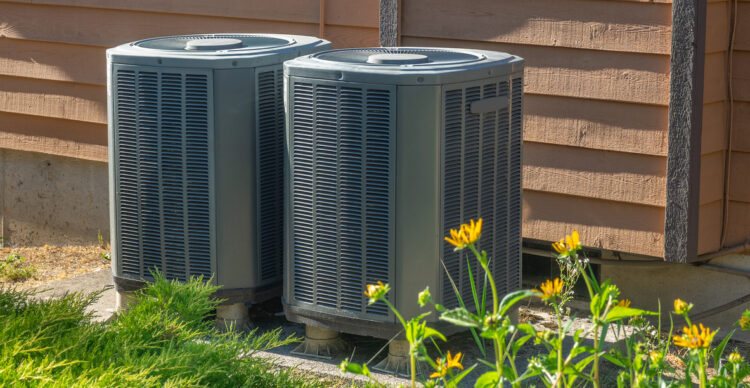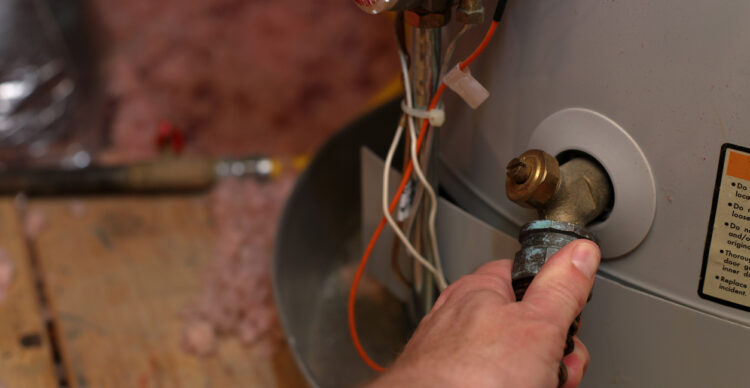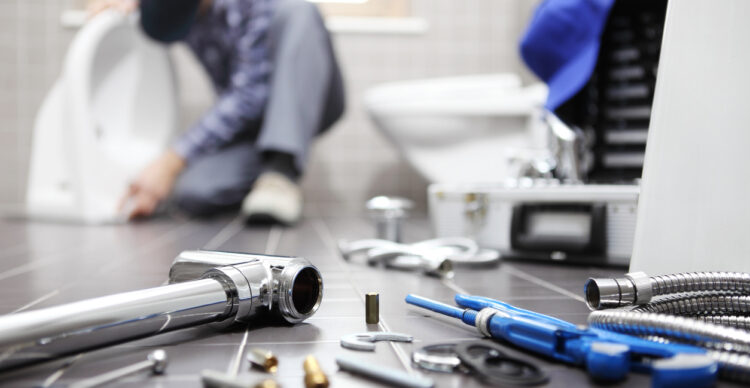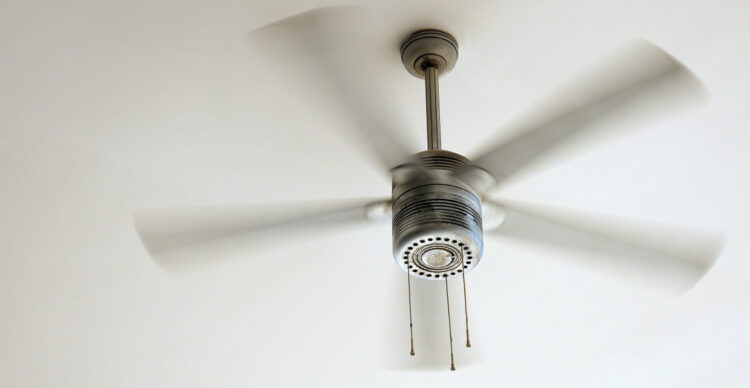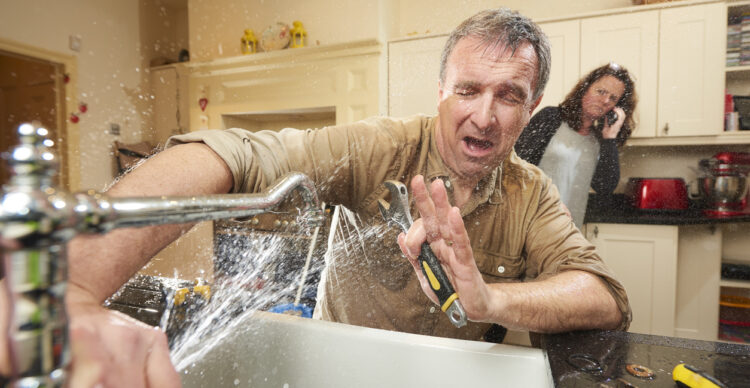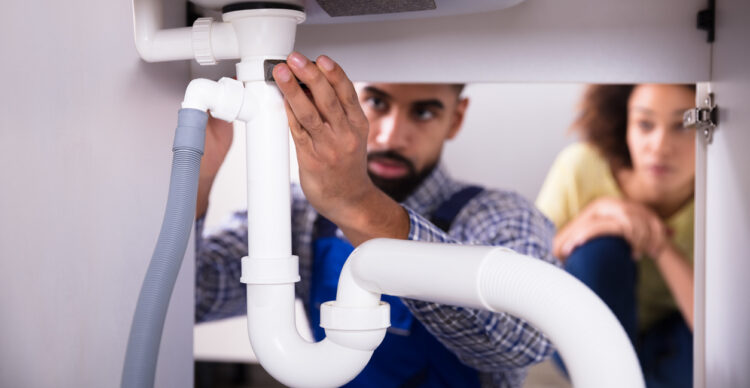Dropping certain household wastes in the drain may not seem so harmful. However, this has caused very serious damages in many homes. It doesn’t matter how small the waste is – it can still cause a certain degree of damage. To avoid problems with your plumbing, this article will point out a few household items you should never drop down the drain – no matter how small or harmless it looks. Hair Hair always finds its way down the drain – whether intentionally or not. A few strands wouldn’t do so much damage, right? However, when that builds up, the clog gets bigger. Take it out if you see it. One strand matters. Fat, Oil and Grease Just dumping leftovers down the drain can cause serious problems in your plumbing, especially if they have fat, oil or grease. These things tend to harden as they cool down. Therefore, as they
Learn More Now >> →For some of us who live in an older home, we know how charming and homely the features are. However, some of the buildings weren’t designed with modern A/C systems in mind. For these kinds of homes, even if you have central air conditioning, it might not be effective. This doesn’t mean that there aren’t ways you can keep your older home cool. This article will help you to solve the cooling problems you are probably experiencing. Below are a few simple solutions: Invest in a Fan There are fans which cost two to five cents per hour to operate. Investing in those kinds of fans will make a room cooler by four to six degrees. In addition, a fan works great in tandem with an air conditioner because the dehumidifying action of the air conditioner provides drier air that the fan can then move around. Apply the Window Routine
Learn More Now >> →The water heater, in most homes, is one of the most neglected appliance when it comes to maintenance. We don’t usually think about it until it stops working. If your system is maintained adequately, your water heater should last for years without any major problems. A regular maintenance will catch most of these issues before they become a major repair. Here are signs that your water heater needs maintenance: Lack of Hot Water If all of a sudden you stop getting hot water or you start getting very little, this may be as a result of the pilot light being out on your water heater. This may not be a problem during the hot summer weather. However, as the temperatures begin to cool down, check if you are still getting hot water. Rust in Your Water When you start noticing rust in your water, this means that your water heater
Learn More Now >> →Most of us love to have our fluffy buddies inside the house, which is great! They love us and they are always excited to see us. For some of us, we’re much better with them around. However, you don’t want your pet’s hair and dander getting into your ductwork, thereby causing allergies for you and your loved ones, and also reducing the efficiency of your HVAC system. Here are five tips to keep you and yours safe. Groom Your Pet(s) Regularly This is good for reducing cleaning time and extending the life of your air filter. Pet hairs usually cover your filter’s surface, and can also clog your air ducts. Therefore, schedule a cleaning appointment for your fluffy buddy every now and then. Clean the Air Vents Both hair and dander can also clog the air vents. When you break the vacuum, always remember to switch to hose mode and
Learn More Now >> →Homeowners should always be prepared for a home emergency, and in particular a plumbing emergency. At any moment the toilet could break, a pipe could spring a leak, or the dishwasher could overflow. And, if you are a homeowner, when that happens you want to be prepared. To be able to save yourself in the case of a plumbing emergency, keep these tools handy for a quick fix! Basin Wrench A basin wrench is a basic plumbing tool that every homeowner should own. A wide-mouthed wrench, this tool is able to easily grip to loosen and tighten the nuts and bolts on under the sink piping. Anyone can find and easily acquire a basin wrench at their local home improvement store. Pipe Wrench Yes, there are a lot of pliers used in plumbing, but that is because there are a variety of pipe sizes and shapes that might need to
Learn More Now >> →There’s something completely dreamy about a well furnished, finished, pristine laundry room. Maybe it’s the fact that it makes doing the laundry a little more enjoyable or maybe it’s because Pinterest is filled with pictures of them. Whatever the reason you are re-doing your laundry room is, it’s going to need a sink. Here are a few reasons why you need a sink in your laundry room. Outdoor Messes When your kids have been playing outside all day in the mud and muck, there’s nothing worse than dragging the mess through the house. Enter, the laundry room sink. A place where your littles can dump their mud clad sneakers and soak their grass-stained shorts, the laundry room sink saves your kitchen sink for dishes and the bathtub for bathing. Pet Clean-Up It’s no secret that pets make messes. They love to get in the mud, chew up everything icky, and
Learn More Now >> →Current style trends for the home are telling homeowners that “less is more” – even when it comes to lighting. As a result, people are taking down their ceiling fans and replacing them with alternatives such as can lighting or minimalist light pendants. However, before you begin to replace all of the ceiling fans in your home, you should consider the basic benefits of ceiling fans. Increased Air Circulation In both the winter and summer months, you might notice that some rooms in your home are warmer or colder than others. There are many factors that play a role in home temperature difference, however, you can help to remedy the situation with ceiling fans. When set to turn counter-clockwise, ceiling fans help to move air around and between rooms to create a more even temperature climate. Lower Utility Bills Because ceiling fans have the ability to move air and regulate
Learn More Now >> →Being a homeowner comes with a lot of responsibilities. Not only do you have to maintain your home, but you have to handle any unexpected emergencies that come your way, including the dreaded broken water pipe. When a water pipe breaks or bursts in your home, it’s easy to start to panic, especially if the water is pouring into your home and causing damage. But, it’s important to stay calm and to remind yourself that there are some things you can do to help prevent further damage while you wait for a plumbing professional to arrive. In general, you’ll want to follow these three steps when a water pipe breaks in your home: Turn off the water. It might sound obvious, but a lot of homeowners forget to do this very important thing. Whether you’ve identified exactly where the pipe has broke or not doesn’t matter. What’s more important is
Learn More Now >> →For a lot of homeowners, knowing when to call the plumber is tricky. While there’s plenty of information available online that can help guide you through almost any plumbing issue, not all of the information is accurate. In fact, some of the information you’ll find online is just plain wrong. And, when it comes to plumbing, spending hours and hours trying to figure out how to fix the issue is as frustrating as it is problematic. You don’t have to look for to find stories of homeowners actually making plumbing issues much worse because they’re trying to DIY. While there are several simple tasks you can do around your home just fine, the following is a list of issues that warrant a call to our team of professional plumbers. Gurgling sounds. When you hear gurgling coming from your dishwasher, toilet, or washing machine, there’s a good chance that you have
Learn More Now >> →It’s likely that more than 2 million homes and structures in the United States have aluminum wiring. Popular during the 1960s and 1970s (specifically 1965 to 1973), aluminum wiring is no longer deemed a good choice for construction. In fact, not only is it no longer used, but it’s also potentially dangerous. While aluminum wiring on its own really isn’t that harmful, it turns out that connections made with aluminum are. According to the Consumer Product Safety Commission in the U.S., if your home has aluminum wiring you are “55 times more likely to have fire hazard conditions”. This means that you need to be aware of the danger and actively finding ways to reduce the threat. Because aluminum connections overheat relatively easily, everyday electrical uses can become potentially hazardous. In general, aluminum wiring is more dangerous than other options (like copper) for a few reasons: Aluminum expands more when
Learn More Now >> →
